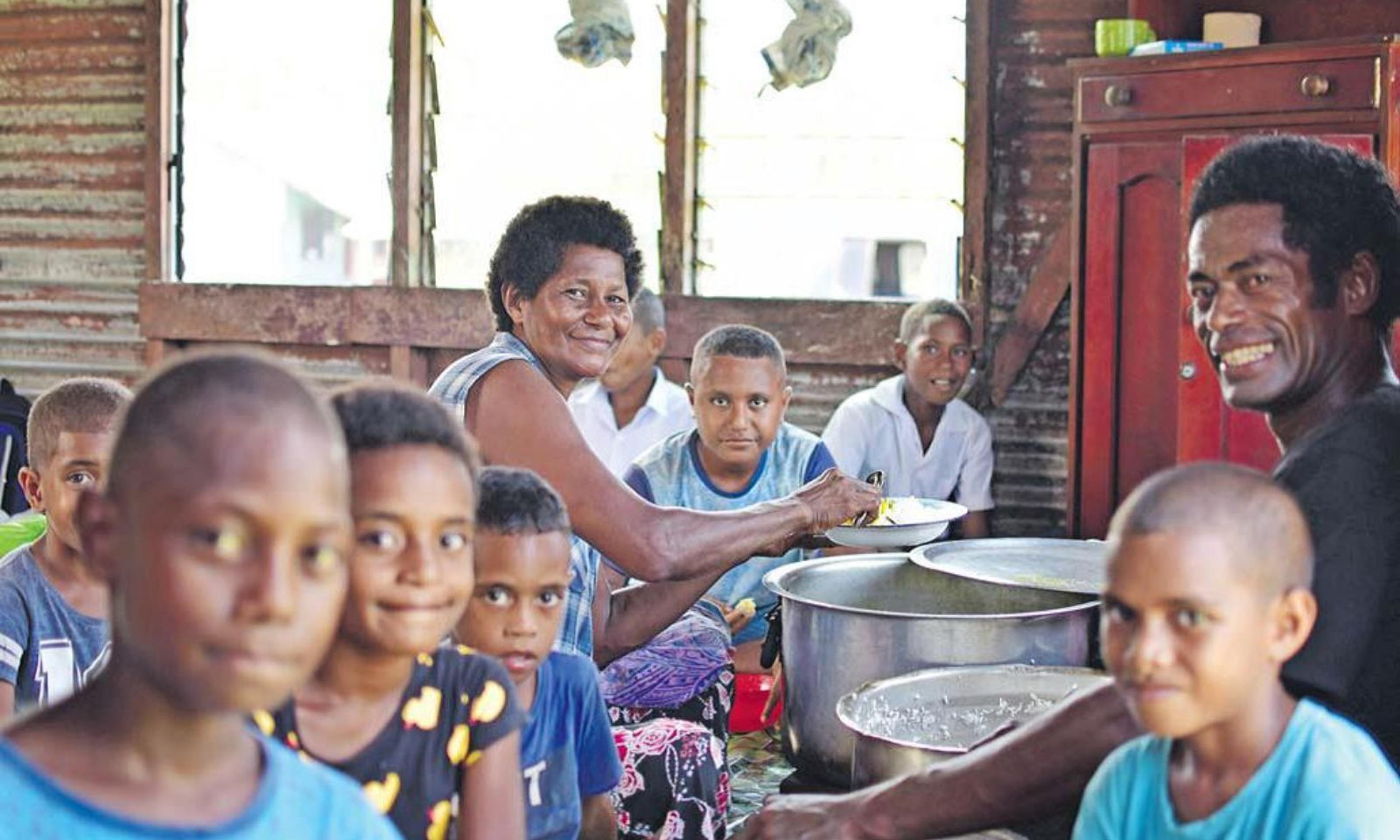
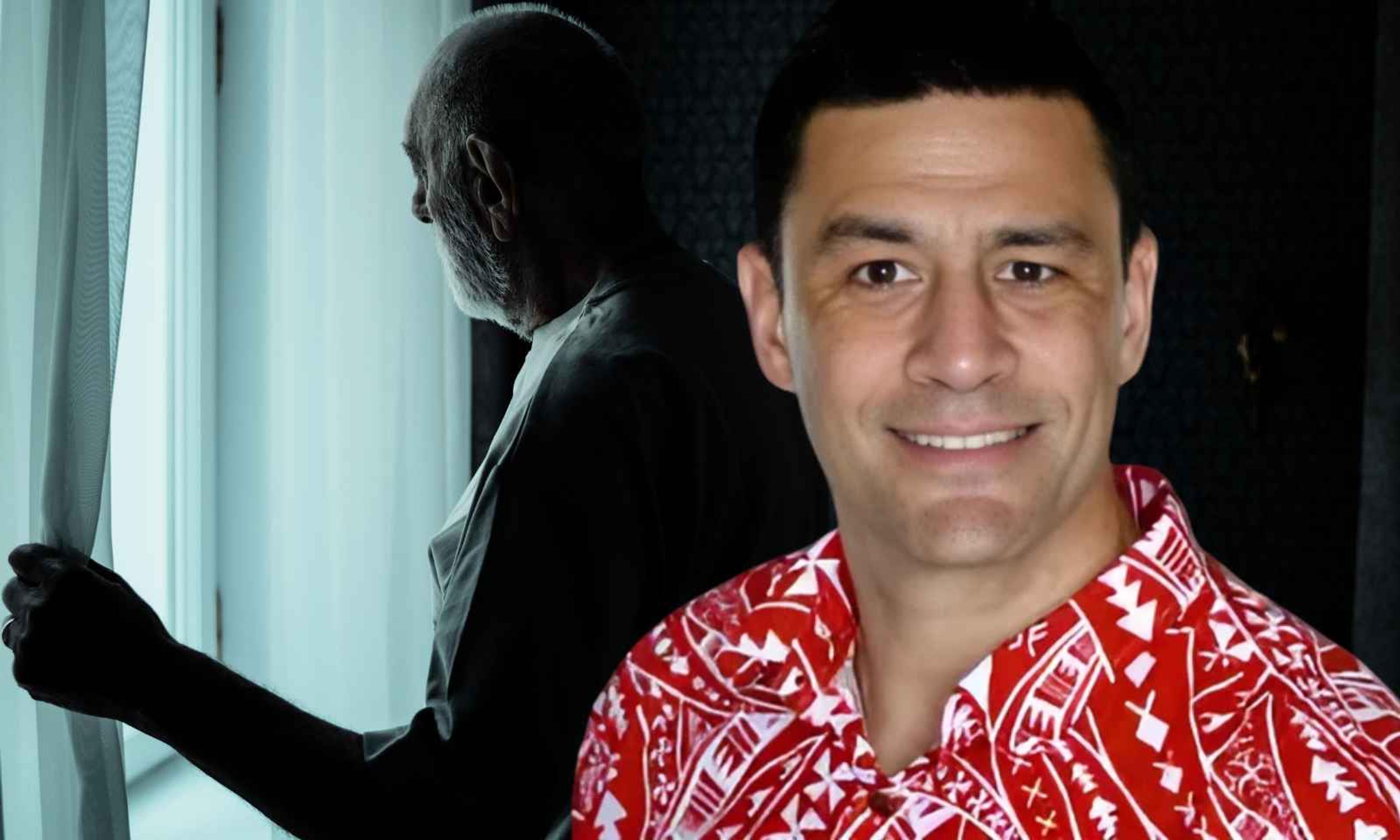
Dr Etuini Ma’u, a senior lecturer in Psychiatry at the University of Auckland and consultant old age psychiatrist with Te Whatu Ora Waikato.
Photo/Supplied
Systemic stereotypes deny vital care to Pacific elders, warns psychiatrist
Dr Etuini Ma'u says Pacific families lack access to government support services because of assumptions that they prefer to look after their own.




Eke and Sovaleni leave PM bids to Parliament as Tonga heads to polls



Pacific families going hungry: How rising costs, climate change are creating food crisis


Eke and Sovaleni leave PM bids to Parliament as Tonga heads to polls

A psychiatrist at Auckland University warns that the health system is failing Pacific elders in New Zealand, and stereotypes are preventing Pasifika families from receiving key government support services.
Dr Etuini Ma’u says misconceptions about Pacific people’s preference for self-care are leaving many elders without the necessary assistance, placing a major burden on their families.
Ma'u has recently been awarded a $1.2 million grant from the Health Research Council to investigate why Pacific elders are missing out on funded community support services.
In an interview on Pacific Mornings, Ma’u says that existing services are not designed with Pacific people in mind.
“I've been a psychiatrist for 15 years now, and in my clinical work looking after older people, what we're seeing time and time again is that particularly Pacific and Māori families are struggling at home,” Ma’u says.
“They have a higher health burden, they've got more health issues, they tend to be younger when they develop these health issues, and yet there's this massive gap between the need that they have for support and the support that they're actually receiving from the government.”
Watch Dr Etuini Ma'u's full interview below.
The missing assessment
Ma’u says the interRAI, a mandatory evaluation introduced by the Ministry of Health 15 years ago, determines the in-home care and day programmes to which elders are entitled.
But he adds that Pacific people are less likely to receive this assessment, and even when they do, it often doesn’t lead to the funded services they qualify for.
“There's barriers right from the point of getting the assessment through to those who have the assessment even being assessed as eligible for the support that the government will pay for. And then there's a big question mark on the other end about the type of support that is available and whether our people even see them as appropriate for the needs of their elderly.
“But there's an assumption from the health service that because Pacific families are stereotyped as wanting to look after their own families at home, sometimes the assessment isn't even offered.”
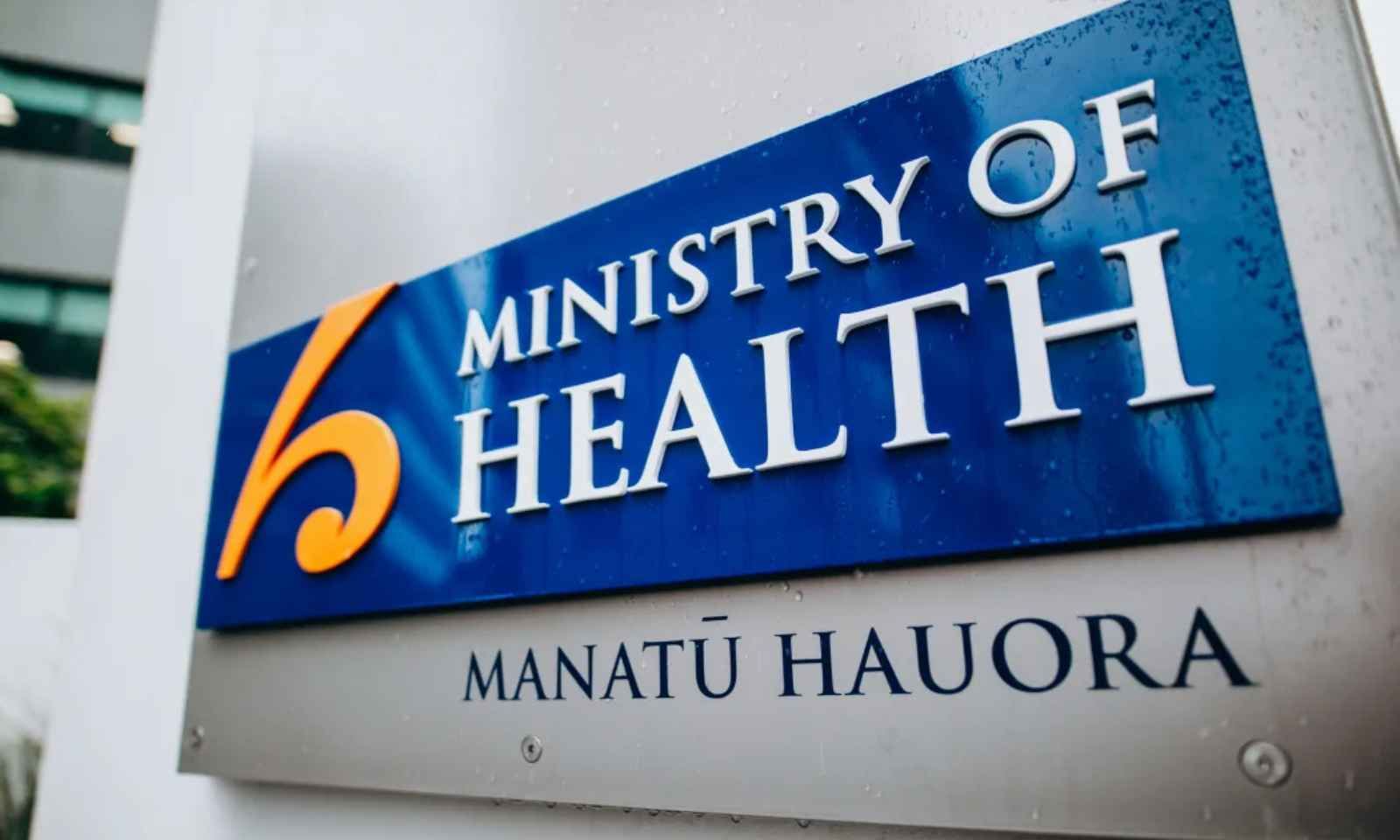
The Ministry of Health is the government's lead advisor on health priorities and policy. Photo/RNZ Dom Thomas
Families bearing the burden
As a result, Pacific families face what Ma’u describes as a “massive unpaid caregiving burden”.
He cites instances where elders with advanced dementia have never accessed support services, leaving their families to manage the financial and emotional stress alone.
In fact, Pacific elders with dementia are three times less likely to go into residential care compared to European New Zealanders.
“We know that caregivers will have to leave the workforce to care for their families, we know the emotional toll that it takes and we know that they don't look after their physical health as well.
“So this is not just about Pacific elderly. This is about the entire Pacific community and saying, if we can tap into the support and resources that are available from the system, then hopefully that can go some way towards reducing the burden on not just the person needing care and support, but also their families.”
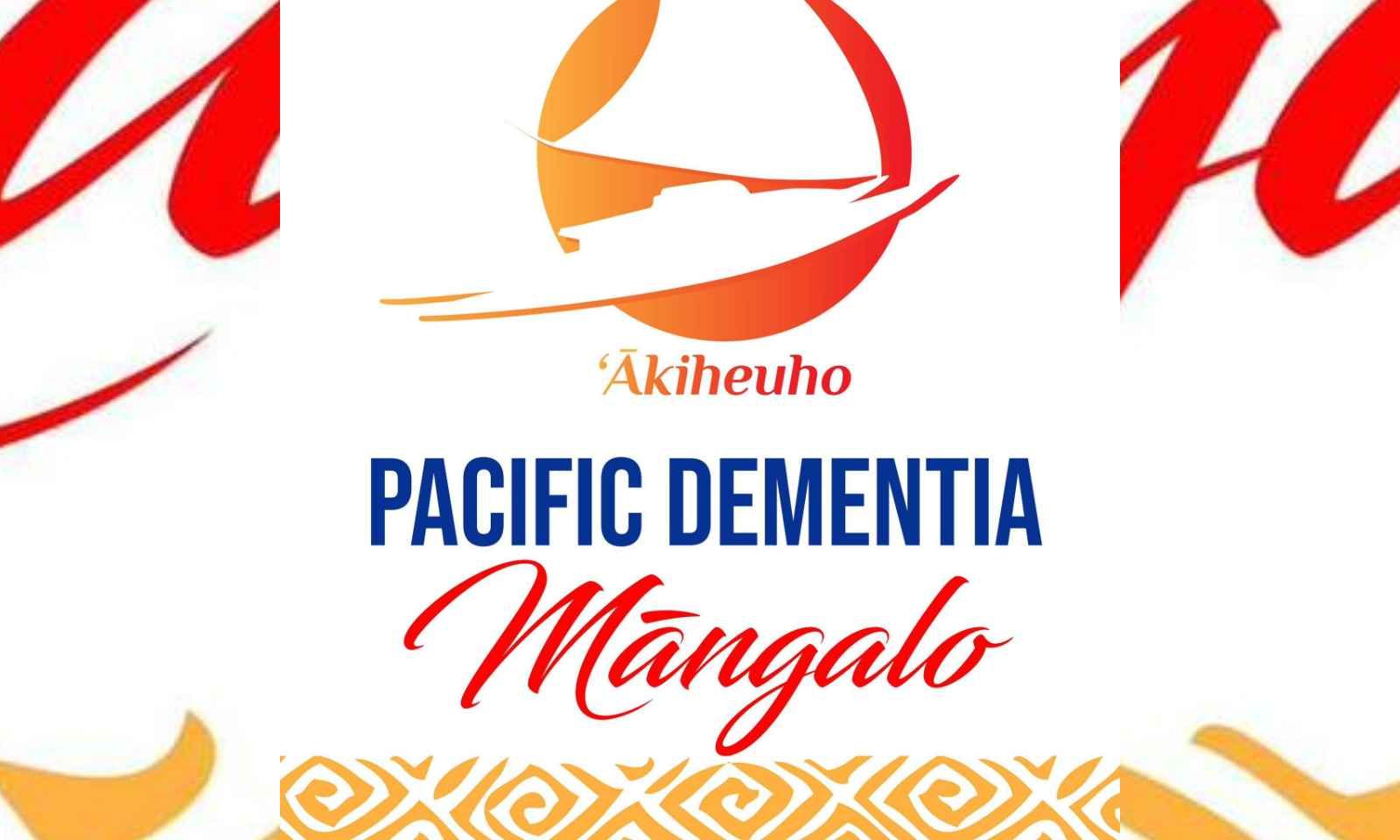
Pacific Dementia Māngalo (PDM) is a leading organisation in Auckland that provides comprehensive support and care for Pacific dementia patients and their carers. PDM is a subsidiary of the Aotearoa Tongan Health Workers Association Incorporated. Photo/Supplied
Researching the gaps
Over the next three years, Ma’u and his team will partner with Pacific health providers in Auckland, Waikato, and Christchurch to identify how many Pasifika are missing out on support services.
They plan to conduct interRAI assessments for 400 Pacific elders over 60 who have never had one and track the impact on their access to services.
Dr Sione Vaka, an Associate Professor at the University of Waikato, will lead talanoa sessions with elders and caregivers to gather their insights and experiences.
“We know that many of the services in New Zealand at the moment are designed for the Pālangi majority because they've made up the overwhelming number of people over 65 in this country.
“But we also know that our Pacific population over 60 is going to double in the next 15 years. So we really need to be prepared.”
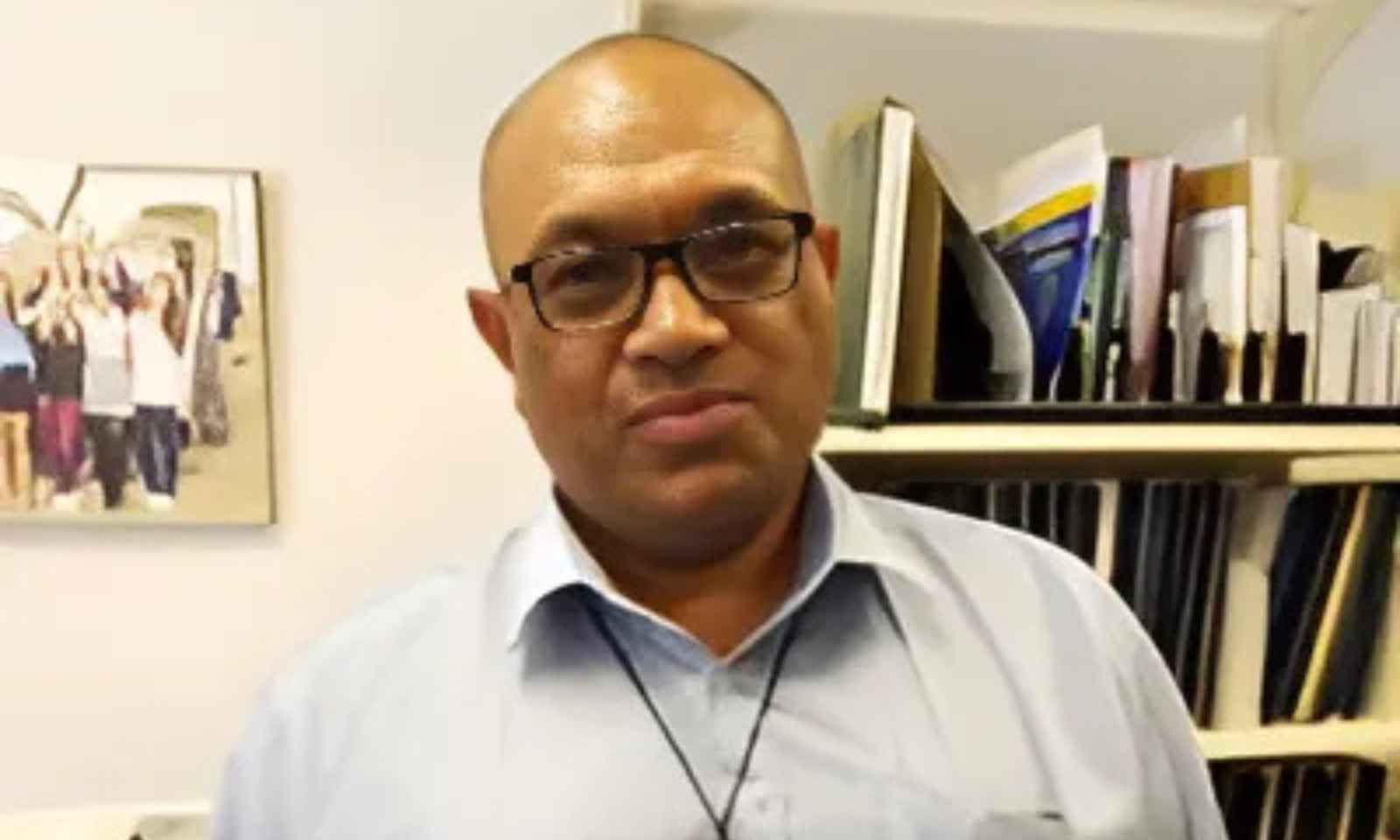
Dr Sione Vaka is the Associate Professor at The University of Waikato and the Associate Dean Pacific. Photo/Supplied
Preparing for the future
The findings from this research will be presented to the Ministry of Health, with the aim of addressing gaps in the system and tailoring support services to meet the needs of Pacific communities.
“For too long, policymakers and the [Health] Ministry at large, we tend to hide behind concepts like filial piety," Ma'u says.
“We hide behind these kinds of generalisations that Pacific people want to look after their loved ones at home. They don't want to go into care.
“They don't want to use support and I think that in this day and age, there are supports available from the Ministry of Health that potentially can be tailored a lot better to our needs.”